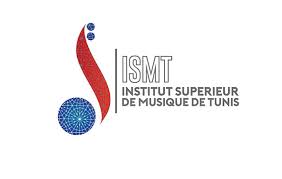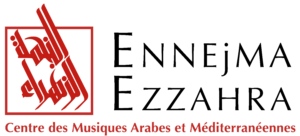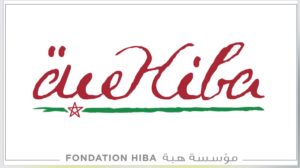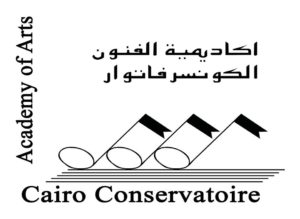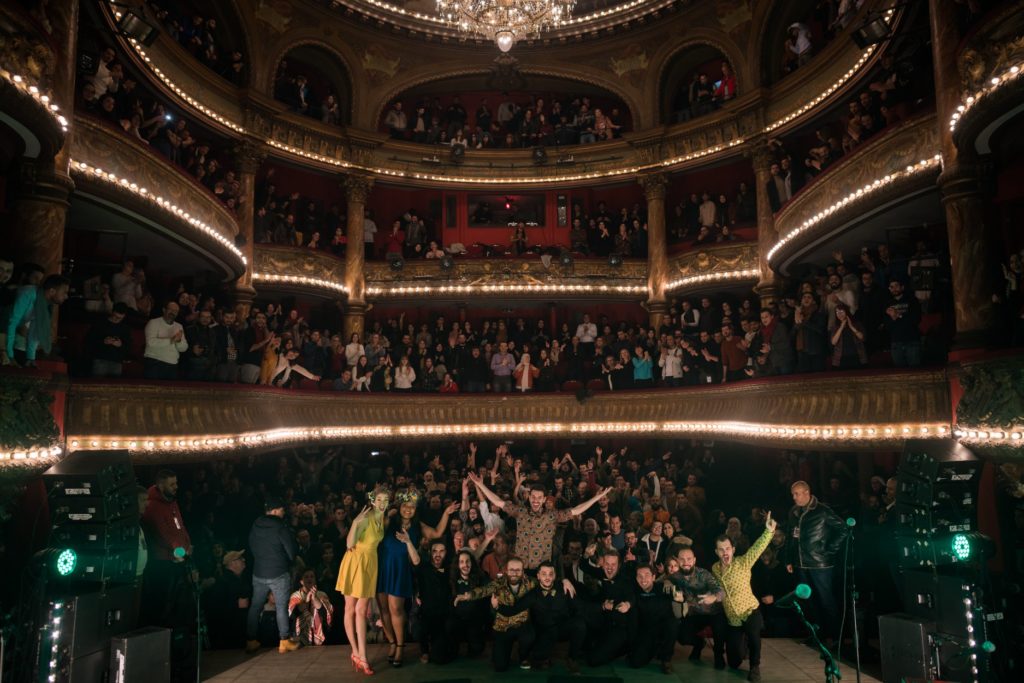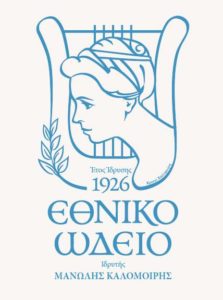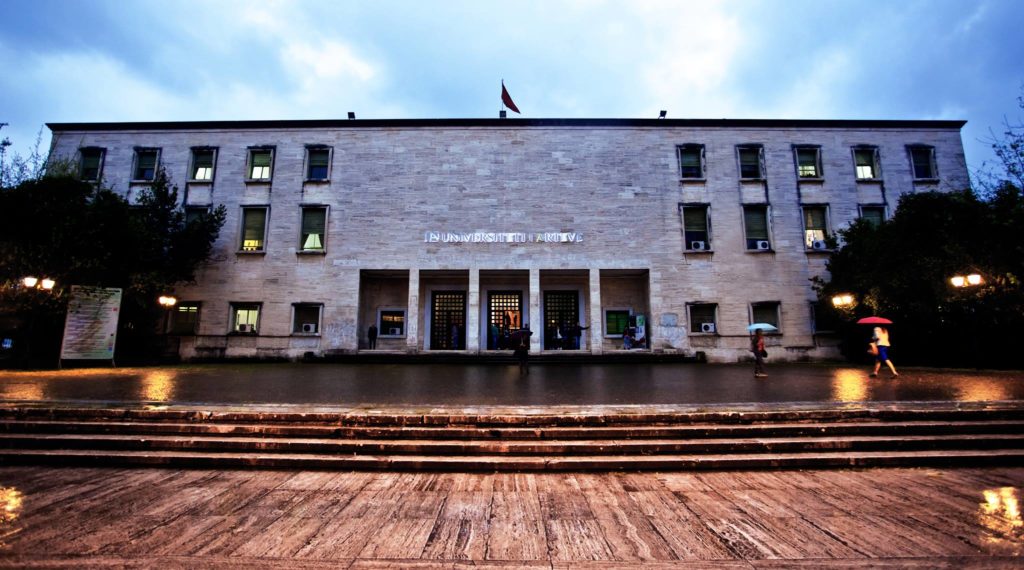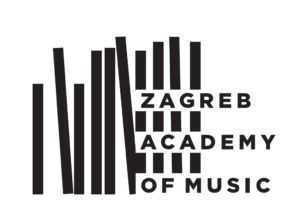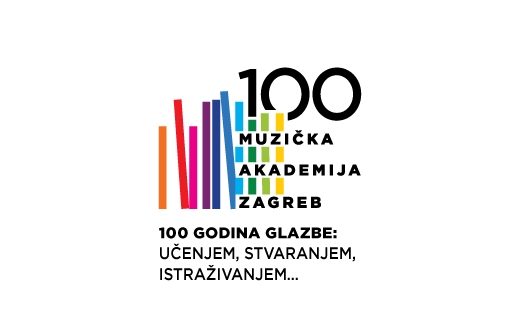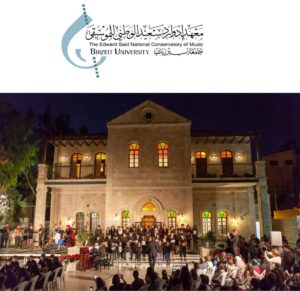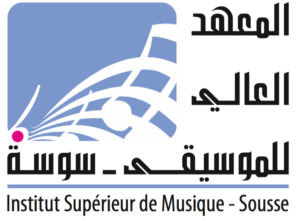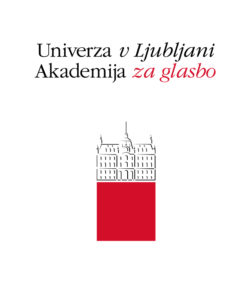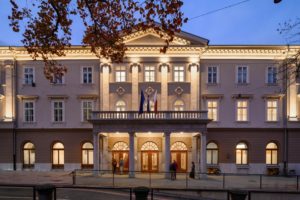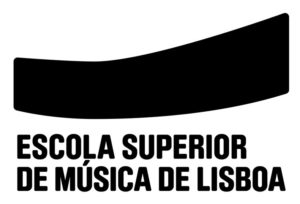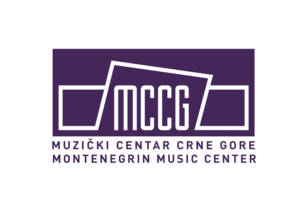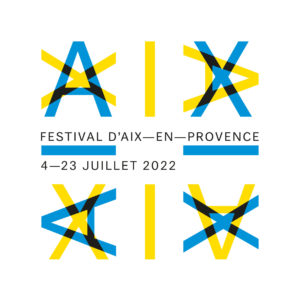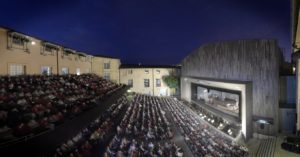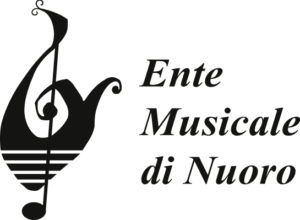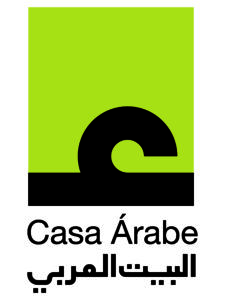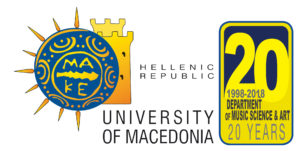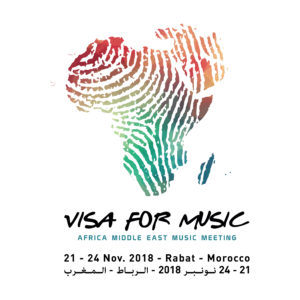The Joven Orquesta Nacional de España (JONDE) belongs to the National Institute of Peforming Arts and Music (INAEM), an institution that is part of the Spanish Ministry of Education, Culture and Sports. It was created in 1983 in order to contribute to the most advanced training of Spanish musicians before they become full professionals. It aims mainly at the development of their studies through the practice of the symphonic and chamber music repertoires 6 times a year.
The members of the JONDE are selected through auditions (twice a year), and remain in the orchestra until the age of 23. They are coached by a team of professors of a high artistic standard selected from the best European orchestras. All the working sessions end with tours which have brought the orchestra all over Spain and currently once a year abroad. The orchestra dedicates special attention to contemporary music through its Academy of Contemporary Music.
The JONDE has worked with important soloists including Mstislav Rostropovich, Agustín León Ara, Rafael Orozco, Christian Zacharias, John Williams, Deszö Ranki, Teresa Berganza, María Bayo, Simon Estes or Juan Diego Flórez.
It has worked with conductors like Carlo Maria Giulini, Gunther Schuller, Jakov Kreizberg, Fabio Biondi, Reinbert de Leeuw, Vasily Petrenko, Krysztof Penderecki, Christian Zacharias, Paul Goodwin, Lutz Köhler, Gianandrea Noseda, Christopher Hogwood, Edmon Colomer, Jesús López Cobos, Josep Pons, Antoni Ros Marbá, Víctor Pablo, Rafael Frühbeck de Burgos, Bruno Aprea, Pablo González, Alberto Zedda, Lorenzo Viotti, Peter Rundel or George Pehlivanian.
Although the orchestra maintains its main activity in Spain, the tournées abroad are frequent. We can quote the following: Belgium, Russia, Ukraine and Estonia, Hungary, France, USA, Italy, United Kingdom, Portugal, Luxemburg, The Netherlands, Germany, Austria, Venezuela and the Dominican Republic, performing in venues like the Théatre des Champs Elysées, Saint Petersburg Philharmonic, Carnegie Hall, Royal Albert Hall, Concertgebouw in Amsterdam, Schauspielhaus am Gendarmenmarkt and the Berlin Philharmonic or the Radio Kulturhaus in Vienna. It has participated among others, in the following international festivals: BBC Proms, Aberdeen International Youth Festival, Chester Summer Music Festival, Expo Lisbon ’98, Robecco Zomerconzerten (Amsterdam), Musikfestpiele Saarbrücken, World Expo Hannover, Festival Young. Euro.Classic in Berlin, Schleswig-Holstein Musik Festival, Festspiele Mecklenburg-Vorpommern, Opernfestspiele Schloss Weikersheim, Festival Kultursommer Nordhessen (Germany), Touquet International Music Masters (France) or the Festival Spain-Venezuela in Caracas.
The Foundation BBVA collaborates with the JONDE/INAEM through the JONDE-Fundación BBVA sholarships to help improve the technical and performing skills and the chamber music experience of its musicians in Spain and abroad.
It participates regularly in exchange programmes with other countries, specially through the European Federation of National Youth Orchestras (EFNYO) and also via other Latin American “sistemas” of youth orchestras. The JONDE’s repertoire includes the most representative titles from the baroque, classical, romantic, post-romantic music, and it pays special attention to contemporary music, both chamber and symphonic, and recording of CD´s and DVD´s are frequent. Since 2001 its artistic director is the composer José Luis Turina.
Contact:
Saulo Muñiz Schwochert, artistic coordinator
Email: saulo.muniz@inaem.mecd.es
Tel: +34 913370244
Website | Facebook | Twitter | YouTube

